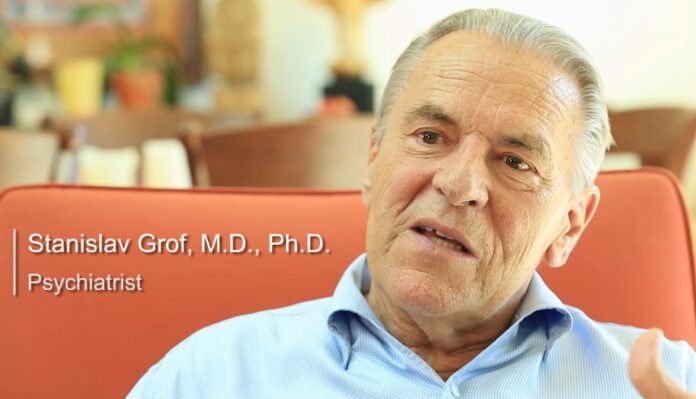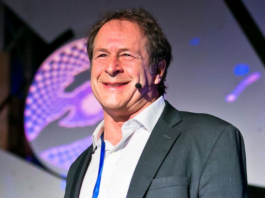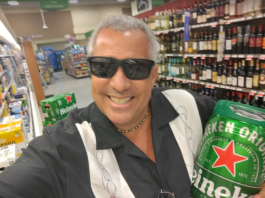Stan Grof — Lessons from ~4,500 LSD Sessions and Beyond
PLAYLIST
Start [00:00] How did Stan first become interested in psychedelics, and what application was he hoping it could serve? [8:32] In how many LSD sessions does Stan estimate he’s been involved, and what accounts for his initial conclusion that it would change psychiatry and psychology? [13:18] When did Stan have his first personal experience with LSD, what were the conditions like, and how did it change his career path from that point forward? [18:45] Why we don’t always have the right words on hand to describe psychedelic experiences. [21:40] After more than six decades studying non-ordinary states of consciousness, how does Stan view consciousness today (in comparison to some other equally controversial views)? [25:22] Why does Stan prefer the term non-ordinary states of consciousness to altered states, what are holotropic states of consciousness, and how have human beings operated in these states over the course of history? [28:26] Stan’s thoughts on 5-MeO-DMT (methoxy DMT) and the psychedelic venom of the Bufo alvarius toad — which gave him “by far, the most powerful psychedelic experience” he’s ever had. [37:43] Stan elaborates on his famous statement that “Psychedelics, used responsibly and with proper caution, would be for psychiatry what the microscope is for biology and medicine or the telescope is for astronomy,” and how he feels about the relevance of traditional psychoanalysis or psychotherapy in combination with some of these psychedelic compounds. [44:42] What would Stan’s ideal experiential, psychedelic-assisted psychotherapy look like? [56:10] Stan points out that there are non-pharmacological ways to achieve holotropic states — such as holotropic breathing, which I can confirm actually works. [56:57] What substances, dosages, and frequency would psychedelic assistance take under Stan’s guidance? [58:52] Exploring the neglect of etiology in modern psychology and how Stan would correct this problem. [1:03:30] What makes the difference between someone emerging from a psychedelic state profoundly transformed or just experiencing it as a casual tourist with no persistent change of perspective? [1:08:47] Stan talks about his experiences with Siddha Yoga founder Swami Muktananda. [1:18:07] The reasons Stan wrote When the Impossible Happens, the stories surrounding this time in his life, and an explanation of synchronocity. [1:25:17] On out of body experiences and a moving example of how unorthodox psychiatry helped someone overcome depression in a surprising way. [1:36:32] What psychedelic at what dose is most similar to the effects or the experience of holotropic breathwork? [1:44:34] Does the common psychedelic phenomenon of encountering entities seemingly separate from the person in such a state carry over to breathwork? Has Stan encountered these entities during his own experiences? [1:45:49] What are Stan’s thoughts on microdosing, and what has he experienced at the tail end of high-dosage sessions? [1:51:18] What constitutes a “spiritual emergency,” and are there any differences between a naturally occuring spiritual emergency like schizophrenia or one precipitated by psychedelics? Can any good come from a bad trip? [1:55:15] What might treatment for someone experiencing a psychotic break look like in a hypothetical alternate world where the collective unconscious is recognized by psychologists and psychiatrists? [1:59:25] From his first psychedelic experience to now, how has Stan’s concept of the inner world changed over the past 60 years? [2:04:36] Is there any particular synchronicity or experience in any of the holotropic states that Stan has experienced that he finds the hardest to explain or the most unusual/remarkable? [2:08:42] If Stan were a young scientist starting out today and all compounds could be legally studied, what would his focus be? [2:16:33] At age 87, how does Stan stay sharper and more energetic than a lot of people in their 20s? [2:23:34] What does Stan think humanity needs most of all right now? [2:27:46] One final story: a lesson in forgiveness. [2:31:16] Parting thoughts. [2:40:59]




